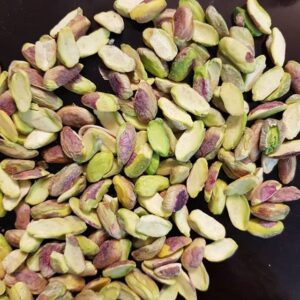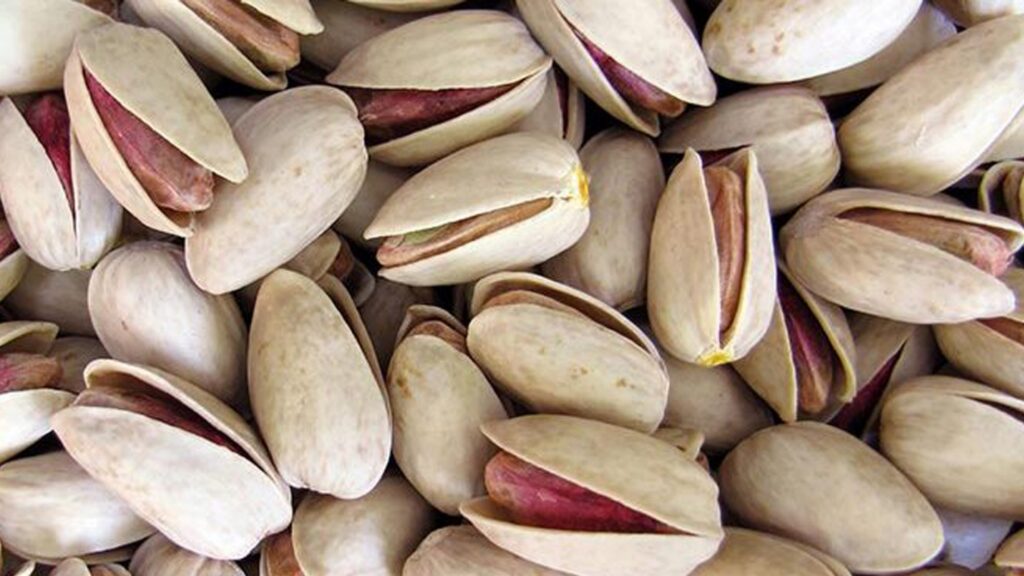Pistachios are often hailed as one of the healthiest nuts,
packed with nutrients that benefit overall health. But when it comes to protein, how do they stack up? Whether you’re following a vegetarian or vegan diet, or simply looking for ways to increase your protein intake, it’s essential to know whether pistachios can help you meet your daily protein needs.

Pistachios – A Complete Nutritional Profile
Before diving into the protein content, let’s take a look at pistachios’ full nutritional profile. These small green nuts are a powerhouse of nutrients, including:
- Healthy fats (monounsaturated and polyunsaturated)
- Dietary fiber
- Vitamins like B6 and E
- Minerals such as potassium, magnesium, and phosphorus
- Antioxidants
This combination makes pistachios a superfood that supports heart health, aids in digestion, and boosts overall immunity. But what about protein? That’s where pistachios truly shine for people seeking plant-based protein sources.
How Much Protein Do Pistachios Contain?
Yes, pistachios do contain protein – and a significant amount at that. In fact, pistachios are one of the top nuts when it comes to protein content.
A 1-ounce (about 28 grams) serving of pistachios provides approximately 6 grams of protein. While that might not sound like much compared to animal-based sources like chicken or fish, it’s an impressive amount for a plant-based food. Plus, when combined with other protein sources throughout the day, pistachios can contribute significantly to your total daily intake.
Pistachios as a Plant-Based Protein Source
For vegetarians and vegans, finding adequate protein can sometimes be a challenge. Plant-based protein sources are often incomplete, meaning they don’t contain all nine essential amino acids. However, pistachios are an exception to this rule. They are one of the few plant-based protein sources that offer a balanced profile of essential amino acids, making them a valuable addition to any diet.
Pistachios contain a high amount of arginine, an amino acid important for heart health and muscle repair. While they might not offer as much protein per serving as meat or eggs, they can still play a crucial role in helping individuals meet their protein requirements without relying on animal products.
Protein Benefits of Pistachios for Muscle and Weight Management
Protein is essential not only for muscle growth but also for maintaining a healthy weight. Including pistachios as part of a balanced diet can help you feel fuller for longer, thanks to the combination of protein and fiber. This satiety can help manage cravings and prevent overeating, making pistachios a great snack for those looking to maintain or lose weight.
Additionally, the protein in pistachios supports muscle repair and recovery, especially after exercise. If you’re an athlete or someone who works out regularly, incorporating pistachios into your post-workout snack can provide the nutrients your muscles need to recover effectively.
How to Incorporate Pistachios into Your Diet
Including pistachios in your diet is simple and delicious. You can:
- Eat them as a standalone snack
- Add them to salads for extra crunch
- Use them in baking or cooking for added texture
- Blend them into smoothies or protein bars
By adding just a handful of pistachios to your daily meals, you can significantly increase your intake of protein and other vital nutrients.
